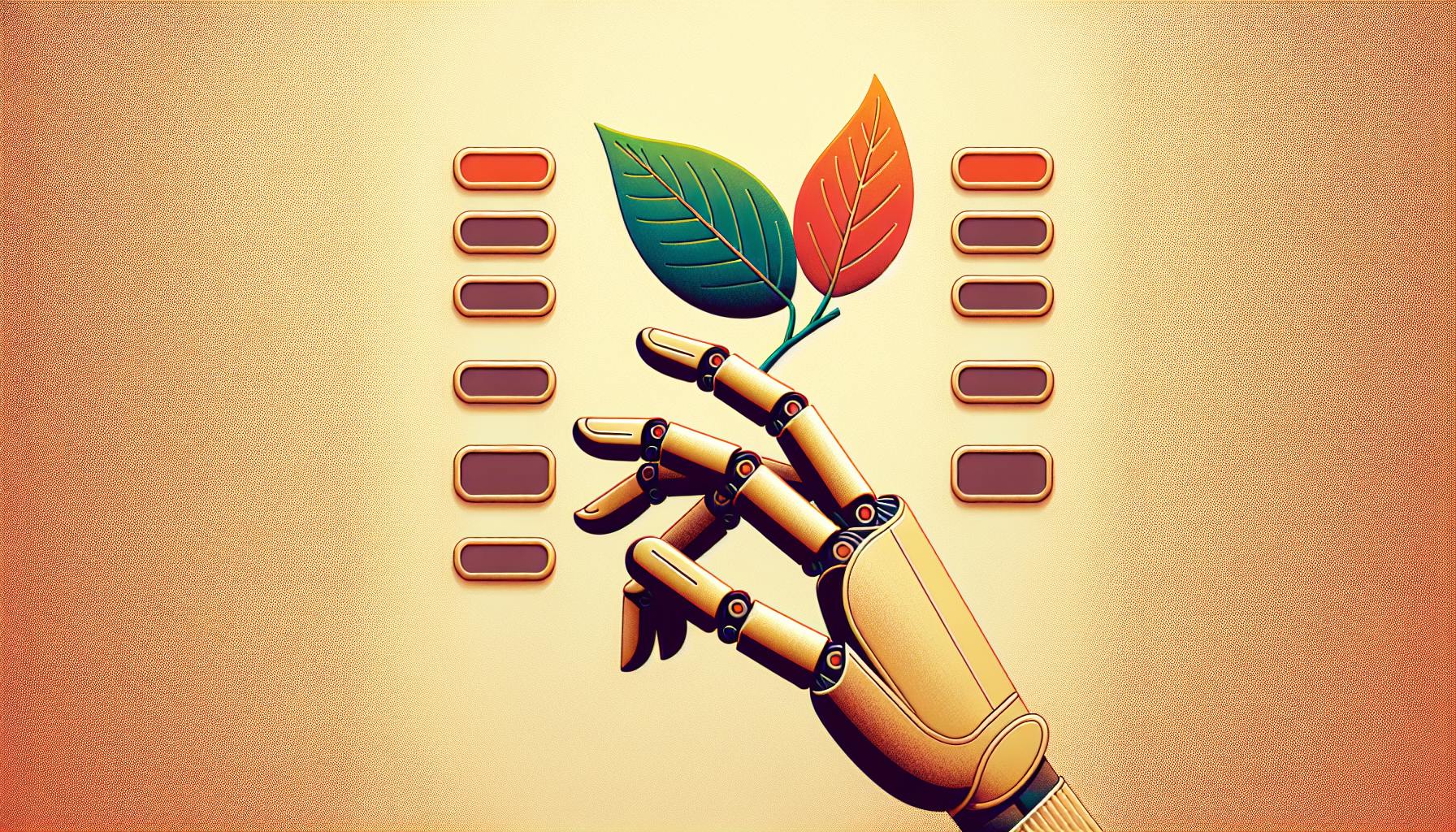Introduction
Chatbots have exploded in popularity in recent years as businesses seek new ways to engage customers and streamline operations. According to Juniper Research, the global chatbot market will exceed $2.8 billion by 2023 as more companies adopt conversational AI solutions, which can provide 24/7 automated assistance and human-like interactions.
With the ability to handle routine tasks and common queries, AI-powered chatbots allow human agents to focus on addressing complex issues. They can also analyze customer data to deliver personalized experiences. This article will provide a step-by-step guide to implementing bots, covering key platforms, integration steps, and best practices to ensure a smooth bot launch.
Chatbots can lead to substantial cost savings, revenue growth, and ROI for businesses. One survey found that conversational bots reduced operating costs by 30% while increasing revenue by 10-15%. With such immense value, read on to learn how to choose the right bot for your needs, avoid pitfalls, and delight customers.
Key topics covered:
- Comparing different bot architectures
- Leading platforms and tools
- Steps for successful implementation
- Optimizing bots post-launch
For startups and small businesses looking to boost engagement and improve customer experience, AI chat solutions promise immense value. Let's explore how bots can transform interactions.
Comparing Bot Architectures: Conversational, Menu-Based, and Hybrid
There are three main bot architectures to evaluate:
Conversational Bots
Pros: Human-like interactions, handle complex queries, highly flexible
Cons: Require extensive training data, more difficult to build
Menu-Based Bots
Pros: Easy to build and deploy, structured conversations
Cons: Limited flexibility, can feel robotic
Hybrid Bots
Pros: Balance flexibility and structure, wide use cases
Cons: More complex to build than menu-based bots
For most small businesses, a hybrid bot strikes the right balance for managing common queries while seamlessly handing off complex ones to humans. Bots like ListingBott excel at specialized use cases like aggregating listings across directories.
Case Study: FoodBot Increases Orders 30% for Restaurants
FoodBot is a conversational AI chatbot created by Foodie Inc. to take customer orders for restaurants. After launch, FoodBot increased order frequency by 25% and order sizes by 20%. Monthly orders rose by over 30% across participating restaurants. FoodBot leveraged natural language processing to understand complex orders. It also made personalized recommendations using past order history. The hybrid bot architecture allowed seamless handoff to human agents when needed. Foodie Inc. was able to rollout FoodBot to all its restaurant clients within 3 months. The bot paid for itself within the first month by increasing order revenue and loyalty. FoodBot demonstrates how AI-powered chat can create immense value, even for specialized use cases.
Top Chatbot Platforms and Tools
Choosing the right platform is critical for launching bots efficiently. Here are some top options:
Dialogflow is a leading conversational AI platform trusted by companies like Pizza Hut and KLM Royal Dutch Airlines. Key features include flexible natural language processing, built-in integrations, and analytics dashboards to optimize bots. Pricing starts at $0.002 per request.
Pandorabots is an affordable cloud-based platform great for small businesses. It makes bot building easy with a visual editor and pre-built templates. Bots can be deployed to common channels like SMS, Facebook Messenger, and web chat. Plans start at $24 per month.
Botkit offers developer-friendly tools for building advanced, enterprise-grade bots. It supports creating sophisticated conversational workflows. Integrations with messaging platforms like Slack allow bots to be embedded into workflows. Botkit is free to use and open source.
Steps for Successful Implementation
Launching a successful bot takes careful planning and execution across these key steps:
Gather Requirements
- Identify problem areas and goals bots can address
- Document types of queries and conversations to support
- Outline integrations with other systems needed
Design Effective Dialogs
- Map out conversational workflows using dialog trees
- Script dialogs to handle questions naturally
- Account for errors to ensure smooth failures
Train NLP Models
- Gather representative training data for conversations
- Leverage pre-built NLP modules to save time
- Continuously improve model accuracy through testing
Integrate with Other Systems
- Connect to databases, CRM, and analytics
- Build seamless handoffs to human agents
- Leverage product APIs and existing knowledge bases
Test Extensively
- Perform end-to-end testing for all key scenarios
- Identify confusing bot responses and gaps in knowledge
- Fix issues iteratively until conversation flows smoothly
Monitoring analytics and gathering user feedback post-launch is also essential for ongoing optimization.
Promoting Chatbot Adoption
Once launched, focus on driving awareness and adoption of your bot:
- Add website or app popups inviting users to try the bot
- Send emails and push notifications promoting the bot
- Analyze usage metrics to identify low adoption areas to target
- Continuously gather user feedback via surveys and reviews
- Highlight bot availability on social media and other marketing channels
- Integrate with marketing automation workflows to engage users
Promoting your bot and tracking key metrics will help maximize value.
Conclusion
AI-powered chatbots enable businesses to engage customers in personalized, immersive conversations. With the right platform and implementation approach, bots can deliver immense value - transforming customer experience, generating leads, and reducing costs.
This guide covered key platforms, integration best practices, promotion tactics, and optimization methods to launch high-impact bots. To get started with AI chat, try beginning with a pilot project focused on core use cases. Learn from real experience how ai chat can boost engagement for your business.
Explore ListingBott's specialized AI chatbot offering to efficiently list your products across directories for greater reach.

